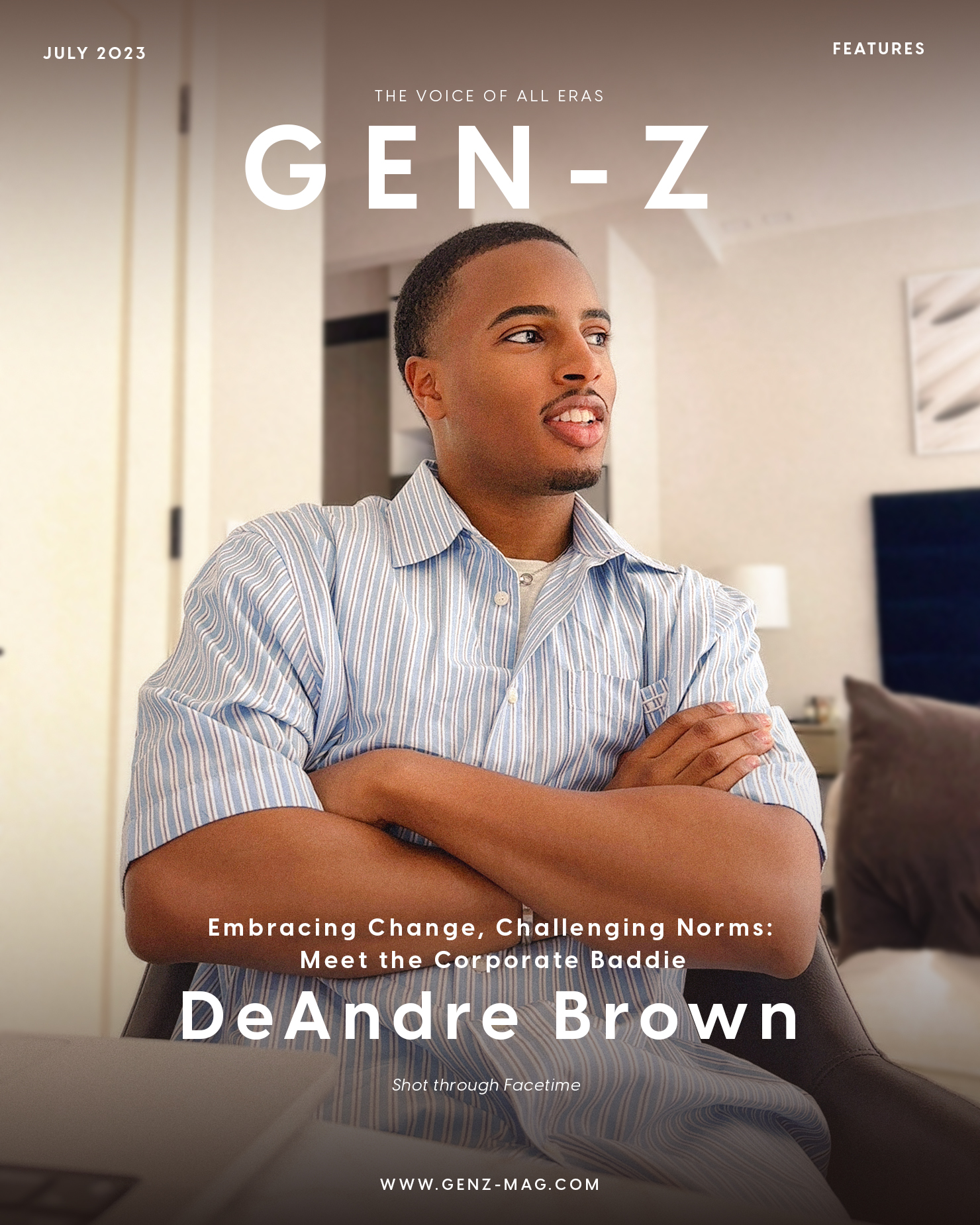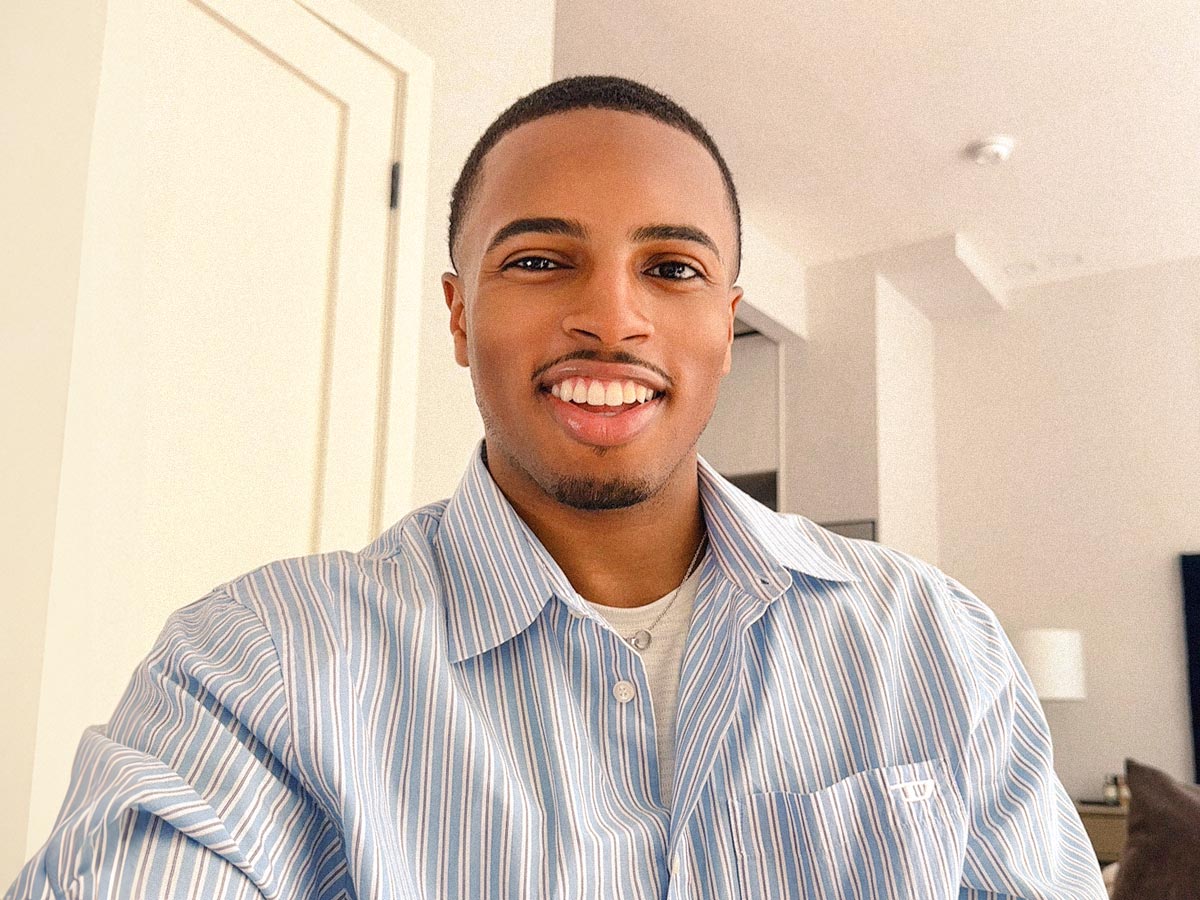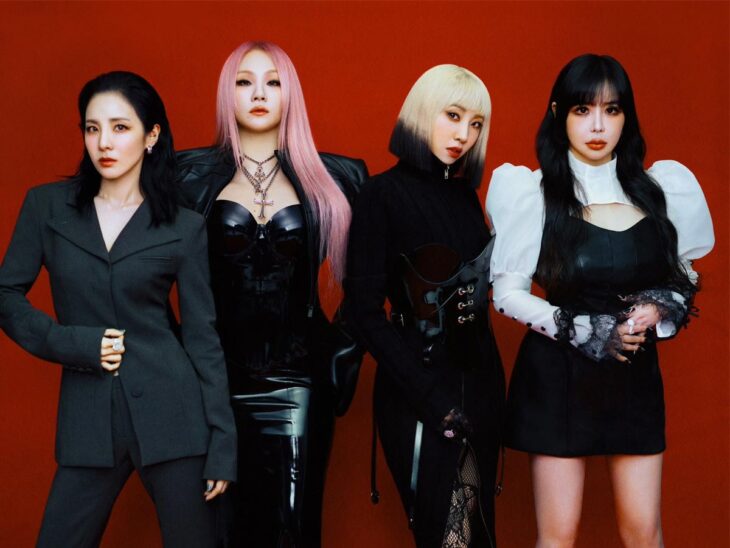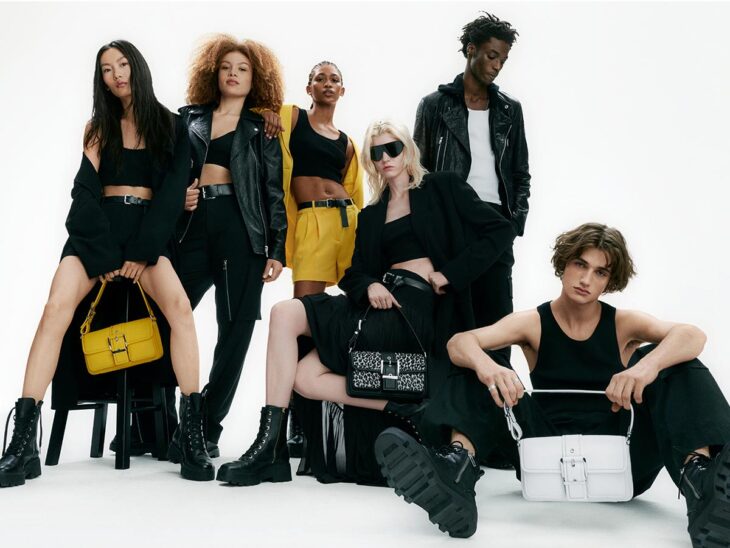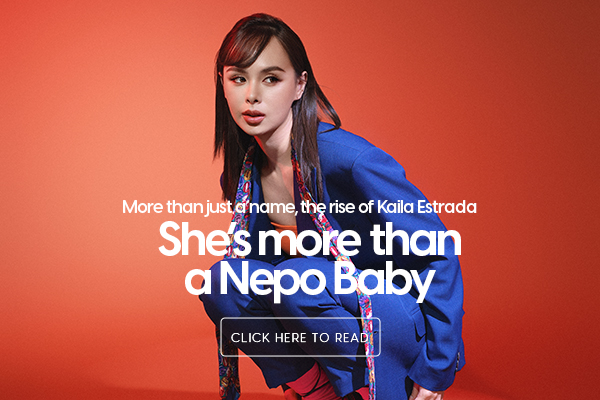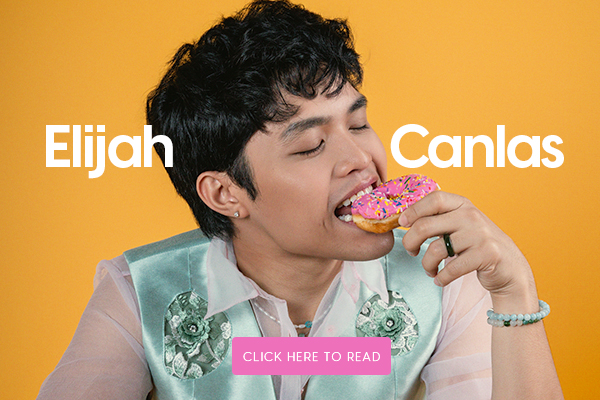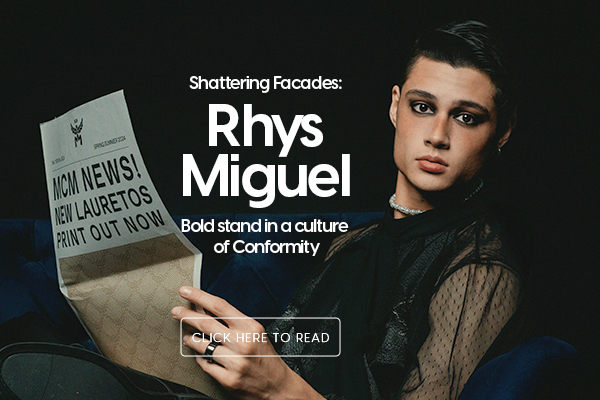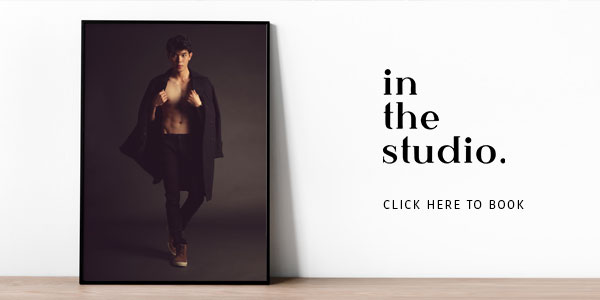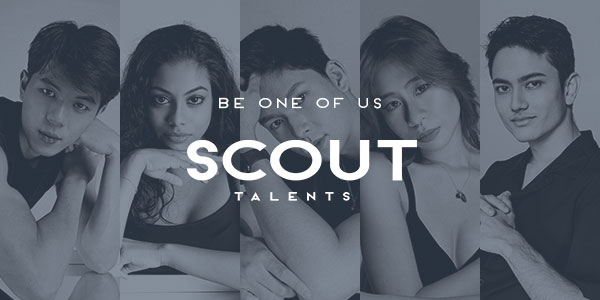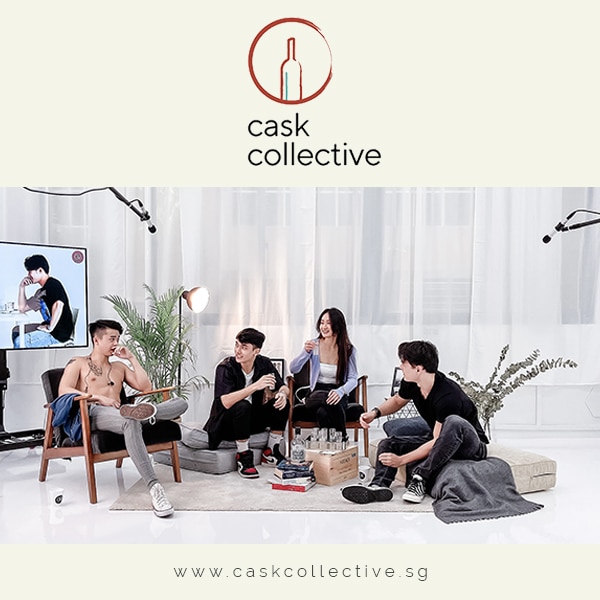In a rapidly evolving world, change is not merely a possibility; it is an avoidable reality. Ushering in the new era is a generation that offers fresh perspectives and boundless energy that may reshape the corporate landscape—revolutionizing established norms, challenging traditional paradigms, and redefining success.
Stepping into the corporate world definitely requires courage, resilience, and willingness to embrace the uncertainties that lie ahead. And as complicated as it already is, Generation Z bursts onto the scene with a unique approach to work, challenging conventional norms and paving the way for a new wave of innovation.
One standout figure in this realm is the “Corporate Baddie,” whose TikTok presence has become a phenomenon, masterfully crafting content that playfully highlights the generation gaps within the workplace. In this interview, DeAndre Brown breaks down how he fearlessly navigated the corporate world, armed with the passion and determination that define his generation.
No Plan is Linear
From relatable office conversations to nuances between millennials and Gen Zs, DeAndre Brown’s sketch-style videos were inspired by the real experiences he had in his internship and corporate job in Dallas.
Brand new to Dallas and the youngest on the team, he found it difficult to make friends as he had to focus and prioritize work. This led him to create a community online to specifically help minorities get access to corporate America. “I know it’s hard and it’s a difficult process. And I think that it’s important that I shed light on my corporate experience to help others who aspire to achieve the same thing that I had achieved within the realms.”
Along the process of sharing notes on how to get into corporate America, DeAndre unleashed the corporate “baddie persona”—someone who gives his best at work without compromising his boundaries by putting himself first throughout all aspects of his life and advocating separate spaces. By doing so, he amassed hundreds of thousands of followers and even landed partnership deals with LinkedIn, Microsoft, and Career Builder.
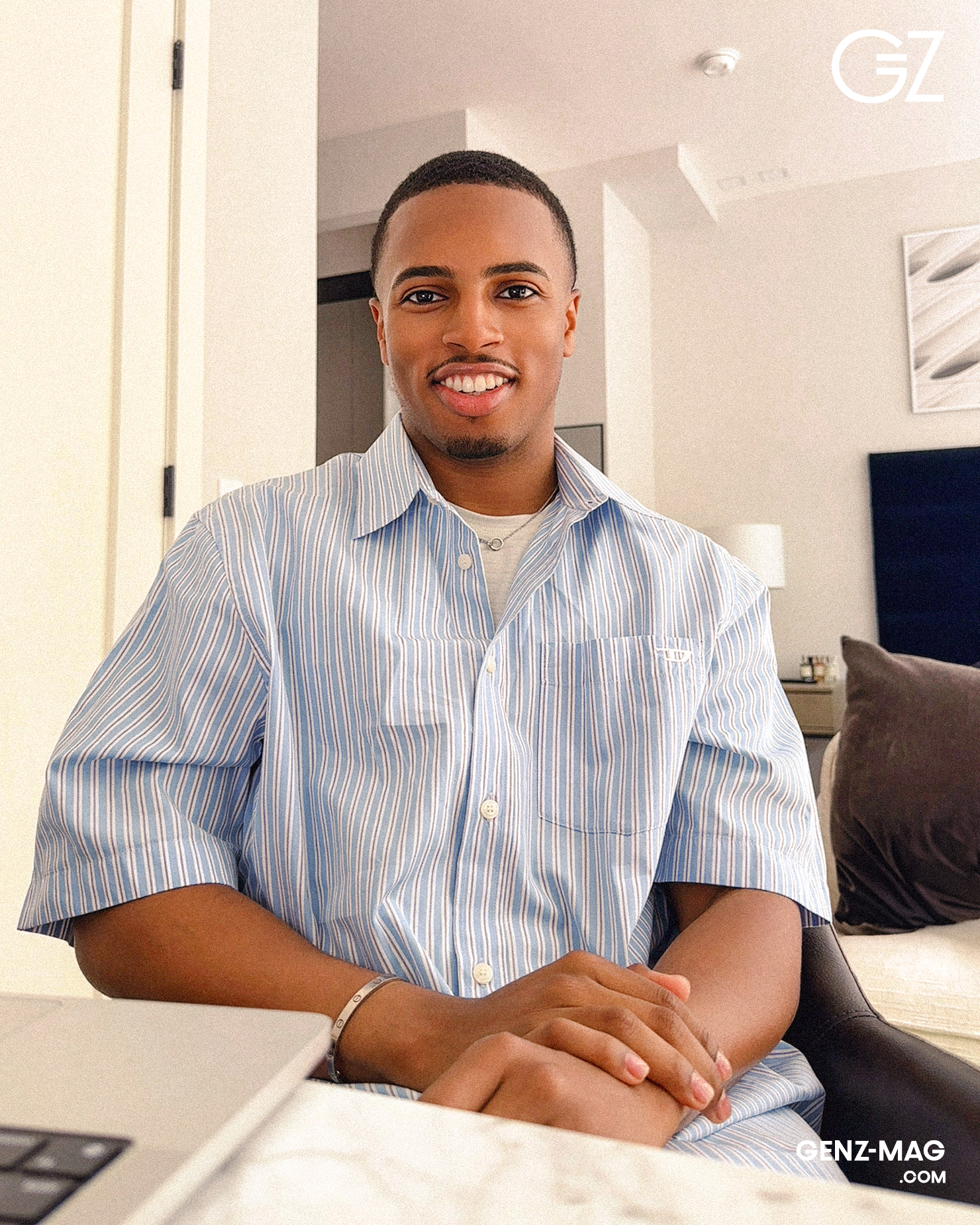
From the corporate world, DeAndre embraced the life of being an influencer—and the challenges that come along with it. Contrary to the fun that he posts, the transition was admittedly difficult. For one, as an entrepreneur, influencer, and consultant, he had to create his own schedule. Instead of a nine-to-five timeframe, the work now has to be round-the-clock. “It’s hard to really set those 9 to 5 boundaries because things only happen or you only get paid when you move. So, the more you move, the more you can get things done.”
With this new setup, DeAndre initially had difficulty making sure that he got some time to prioritize himself. Fortunately, his experiences in corporate America helped him get over this, singling out the idea that no plan is linear and that there are always going to be ups and downs in this life.
There’s a Reality Behind the Stereotypes
In most of his content, DeAndre is often seen playing the role of a Gen Z or millennial employee—and the generational stereotypes that come along with them. As a digital native who understands how social media works, he incorporated humor into his videos that generally talk about workplace culture.
After doing some thorough research and learning that 75% of TikTok users are Gen Zs, DeAndre began posting videos about Gen Zs at the workplace, which went super viral. After seeing the results, he then kept doing the same formula over and over again, gaining more and more followers from millennials, Gen Zs, and the sub-gen between them, the Zillenials. “I can literally just talk about me because I’m a Gen Z! I can literally just talk about me at work through that lens.”
But probably what makes DeAndre’s videos viral, aside from them being comedic, are the truths behind them—how different generations operate at work. He emphasized that one of the biggest issues facing young professionals right now is how they are perceived at work. “It’s really hard for other generations to work with us and coexist with us, like in corporate spaces. I think that’s because we are trying to move the needle and make a change. We are receiving a lot of backlash and people not wanting to hire Gen Zs anymore.”
@imdrebrown
With so many things happening around the world, from the pandemic to work-from-home schemes to social media, these digital natives have established ways of carrying out things that go beyond what other generations are doing. For one, Gen Z’s distinct reliance on their phones, which grants them instant access to information, seamless communication, and agile adaptability to new technologies, is negatively viewed by some corporations, which perceive this as interference with daily work responsibilities.
These companies regard themselves as owners of their employees, restraining Gen Zs from doing what they are truly passionate about. The vastness of information in this age has equipped this generation with skills that allow them to multitask—something that is hindered by corporations, as they would want their workers to focus on their jobs and their jobs alone, like how the previous generations agreed upon.
DeAndre wanted to start a meaningful conversation through his videos, hoping to bring out positive change in them.
“I want to utilize my videos for people to see different perspectives. Through my videos, I hope that the older generations who already made their mark in corporate America start to utilize some of the things that I speak on, like setting boundaries for yourself, not working past the nine-to-five, and other topics that I touch on through my content.”
He also added, “I am really curious to see how we continue to grow and evolve, how we start to build and create our own corporate spaces as the next generation that’s going to be in charge someday.”
Be More Cognizant of What Goes on Around Us
Not only does DeAndre amplify corporate scenarios, but he also utilizes his platform to promote a more inclusive space for everyone, regardless of race, color, gender, or preferences. Aside from his content, he also started a consulting agency where he helps minorities navigate certain spaces. “We need to be more inclusive and aware, more cognizant of what goes on around us and how we navigate throughout those spaces.”
He openly talks about inclusivity on panels and even in his recent TEDx Talk. “I received a lot of feedback, and I see a lot of DMs and comments about how I’d help them being a person of color at work or being part of the LGBTQIA+ community at work.”
DeAndre fondly recalls one time when he was walking his dog, and there was this lady who approached him and told him how much he inspired her to set boundaries at work. By doing so, she was able to build a closer relationship with her manager.
But not everyone who approaches him acknowledges the efforts he has made. Like other influencers, DeAndre has been subjected to negative feedback as well. But with much humility and understanding, he openly accepts these criticisms, knowing that the kind of content he makes is kind of polarizing and favors one group.
“And I think people who have a wealth mindset are the ones that get my content and relate to it the most and willingly apply it. And people who have more fixed mindsets are the ones that kind of just try to find the issue and poke holes at the things I’ve done.”
We Make Long-Term Changes with Things We Are Genuinely Passionate About
With the rise of influencer marketing, brands are now increasingly collaborating with content creators like DeAndre Brown. He prefers to stick with brands that he and his audiences relate to, particularly in the Gen Z demographic. “We work from home a lot, so brand deals with Instacart or Uber Eats—you know, things around the space of professionalism too, like LinkedIn or Microsoft or Google.”
All in all, it all boils down to his niche and what he is passionate about. Why would you advertise something that does not resonate with you, right?
While not everyone may be passionate about content creation, surely everyone’s got something they are passionate about—and with that, DeAndre has one thing to say: just do it. “I was also afraid to post and do things because I thought it would be cringe. But when you get out of that whole mindset of not thinking about people’s opinions, just doing what you want to do, that’s what you’ll get—the successes and things from it. So, be focused on what it is that you want to do and not what everyone else around you is telling you to do.”
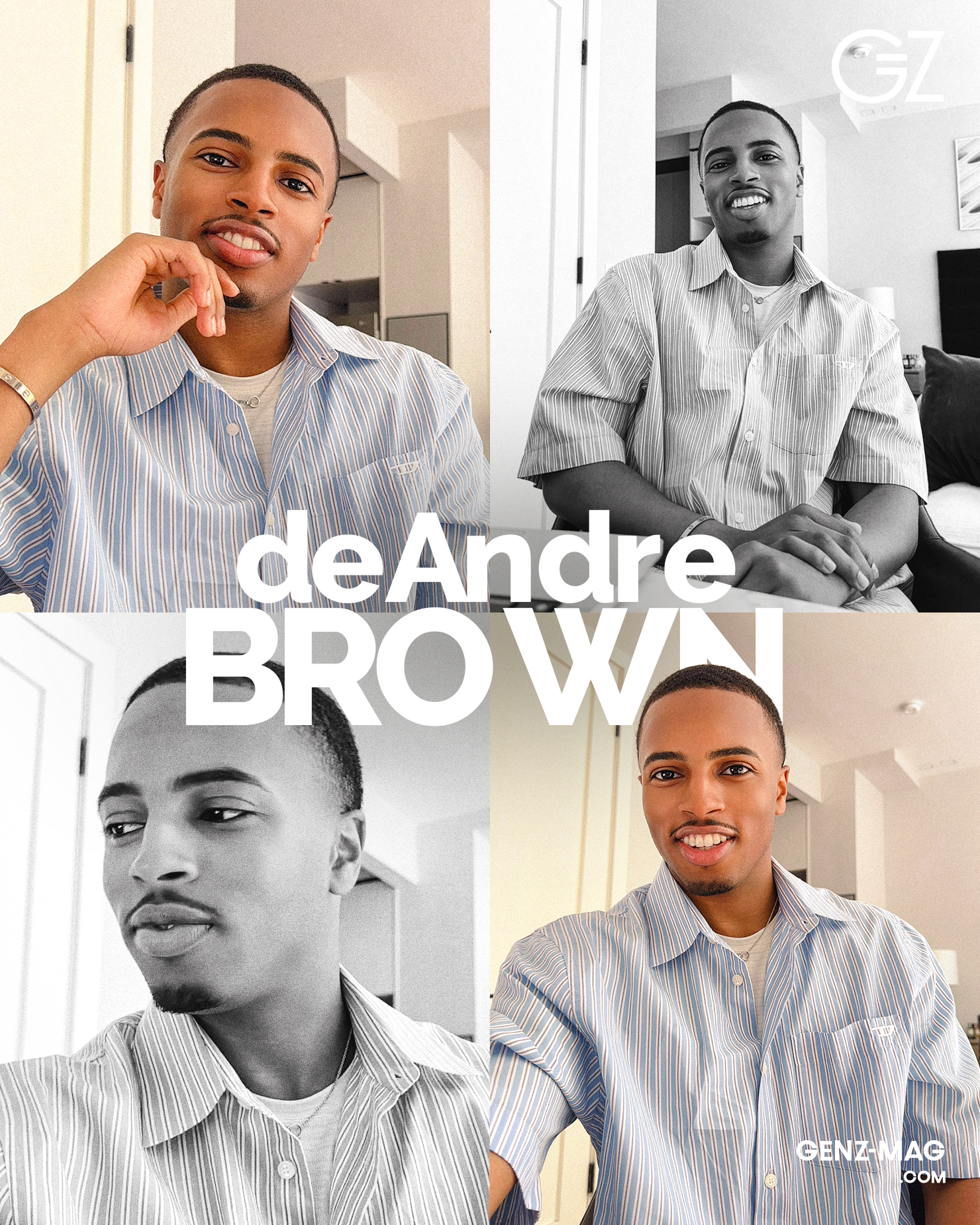
Society has been grooming people to follow one successful path: go to high school, go to college, get a job, and work for a company. In reality, this is not true for everyone. Every person has different dreams and passions. As DeAndre puts it, what you are sincerely passionate about often lies in your head, waiting to be acknowledged. And it is our job to exercise that: to put into action what has been buried in our heads. To put that into the universe.
“We make long-term change when we do the things that we genuinely care about and are passionate about, not what society is telling us we should be doing or where we should care. And I say this all the time: you go with me.”
And when everything settles, you will just wake up one day with brands starting to roll in, people beginning to acknowledge you, and everyone supporting you for the job you’ve done. The beginning is just the hardest part because it is like testing you to see if you are willing to give it your all. How badly do you want it? But once you get past that part, everything else is just phenomenal.
At present, DeAndre is working on two exciting new projects. At the same time, he has also formally launched his consulting agency, Gen XL (which stands for Generation Extra Large), which aims to help people find their passion and do the things that they love while also advocating for Gen Z in the workplace to work with different corporations as well.
The young TikTok content creator hopes to see himself on a TV talk show or something in that arena. But as always, he remains patient with his pace and how things unfold. As he lovingly puts it: “Everything comes with time.
